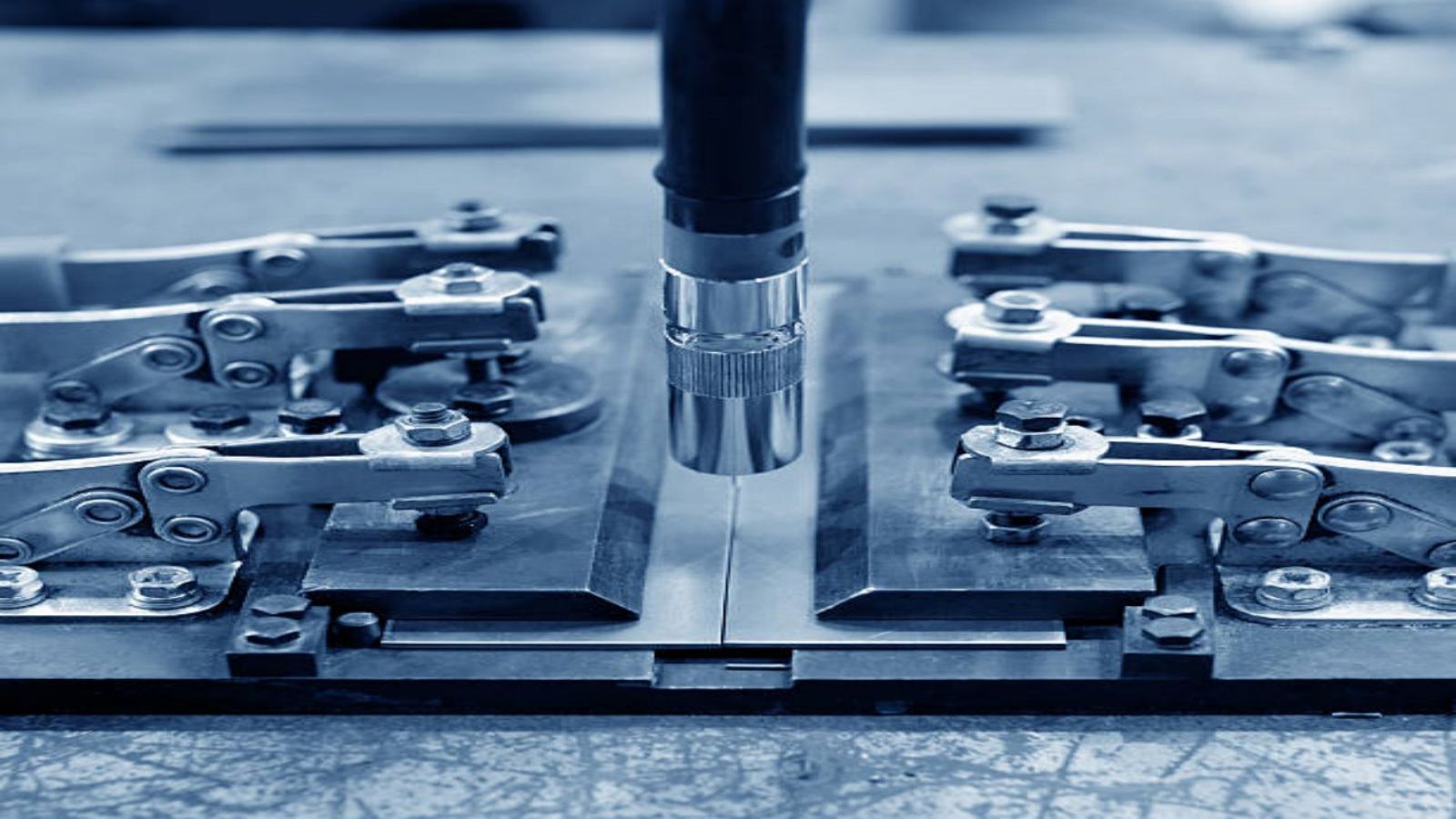The Versatility of aluminium die casting components
Aluminium die casting components have become increasingly popular in various industries due to their versatility and numerous advantages. This manufacturing process involves injecting molten aluminium into a mold to create complex shapes and intricate designs. The resulting components possess exceptional strength, durability, and dimensional accuracy, making them suitable for a wide range of applications. In this article, we will explore the different aspects of aluminium die casting components and highlight their benefits in various industries.
High Strength and Durability
One of the key advantages of aluminium die casting components is their exceptional strength and durability. The die casting process ensures that the final product has a high structural integrity, allowing it to withstand heavy loads and harsh conditions. The components produced through this process are known for their long lifespan and resistance to wear and tear. This makes them ideal for applications that require reliable and long-lasting parts, such as automotive, aerospace, and industrial equipment.
Precision and Dimensional Accuracy
Aluminium die casting components offer excellent dimensional accuracy, ensuring that the final product is manufactured to precise specifications. The die casting process allows for intricate designs and complex shapes to be achieved with minimal post-processing required. This makes it an ideal choice for industries that demand high precision, such as electronics and telecommunications. The ability to produce components with tight tolerances ensures a perfect fit and enhances the overall performance of the end product.
Lightweight and Cost-Effective
Another significant advantage of aluminium die casting components is their lightweight nature. Aluminium is a lightweight metal, making it ideal for applications where weight reduction is crucial, such as automotive and aerospace industries. The use of aluminium die casting components can contribute to fuel efficiency, increased payload capacity, and improved overall performance. Additionally, aluminium die casting is a cost-effective manufacturing process as it allows for high production volumes and reduces the need for extensive machining or assembly.
Excellent Thermal Conductivity
Aluminium die casting components offer excellent thermal conductivity, making them suitable for applications that involve heat dissipation. The high thermal conductivity of aluminium ensures efficient transfer of heat, preventing overheating and prolonging the lifespan of the end product. This property is particularly beneficial in industries such as electronics, where heat management is critical for optimal performance and reliability.
Corrosion Resistance
Aluminium die casting components possess natural corrosion resistance, thanks to the protective oxide layer that forms on the surface of the metal. This makes them highly suitable for applications that are exposed to harsh environmental conditions or corrosive substances. Industries such as marine, outdoor equipment, and construction benefit greatly from the corrosion-resistant properties of aluminium die casting components, as they ensure the longevity and reliability of the end product.
Design Flexibility
The die casting process offers immense design flexibility, allowing for the creation of complex shapes, thin walls, and intricate details. This enables designers to unleash their creativity and push the boundaries of product design. The ability to achieve intricate designs without compromising on strength and durability makes aluminium die casting components an attractive choice for industries that prioritize aesthetics, such as consumer electronics and luxury goods.
Improved Surface Finish
Aluminium die casting components typically have a smooth and consistent surface finish, reducing the need for extensive post-processing or finishing. This not only saves time and costs but also enhances the overall aesthetics of the end product. The ability to achieve a high-quality surface finish makes aluminium die casting components suitable for industries where appearance plays a crucial role, such as automotive, home appliances, and decorative items.
Environmental Sustainability
Aluminium die casting is an environmentally friendly process as it promotes the use of recyclable materials. Aluminium can be recycled repeatedly without losing its properties, making it a sustainable choice for component manufacturing. Furthermore, the energy required for the die casting process is relatively low compared to other manufacturing methods, resulting in reduced carbon emissions. Industries that prioritize sustainability, such as renewable energy and green technology, can benefit from the eco-friendly nature of aluminium die casting components.
Wide Range of Applications
Due to their numerous advantages, aluminium die casting components find applications in various industries. The automotive industry utilizes aluminium die casting components in engine parts, transmission cases, and structural components to achieve weight reduction without compromising strength. In the aerospace industry, aluminium die casting components are used in aircraft parts, such as engine housings, brackets, and structural frames, to enhance fuel efficiency and reduce overall weight. Other industries that benefit from aluminium die casting components include electronics, telecommunications, industrial equipment, home appliances, and many more.

